The SAS STEP Programme

Data Analyst Training
FREE 7-DAY TRIAL | ACCESS TO LIBRARY OF SAS E-LEARNING COURSES
A data analyst collects, organises and studies data to provide business insight.

Data Analyst: What it is and why it matters
A data analyst collects, organises and studies data to provide business insight.
The role needs a mix of technical, business and interpersonal skills to analyse and solve problems. They also happen to be highly sought-after - The Open University’s 2021 Future Trends Predictor included Data Analyst in its top ten most in-demand jobs over the next five years.
Data analysts work across all industries in a variety of functions. Whist the business problems differ, the same analytical skills are used for fraud detection, drug trials, marketing campaigns or financial services. An organisation’s data is now valued as a strategic asset. Understanding, managing, analysing, and exploiting the rivers of information is the foundation of the new Digital Economy and analytical skills are at the heart of coordinating the data assets in order to derive value.
There's not a definitive job description when it comes to a data scientist role. But here are a few things you'll likely be doing alongside colleagues in a data science team:
- Collecting large amounts of unruly data and transforming it into a more usable format.
- Undertaking data quality, assurance and validation.
- Solving business-related problems using data-driven techniques.
- Interpreting requirements and presenting data in a clear and compelling way, using graphical representations and data visualisations.
- Working with a variety of software packages and programming languages, such as SAS, R and Python.
- Proven IT, analytical and mathematical skills.
- Communicating both verbally and in writing whilst collaborating with IT and business.
- Discovering insights in data and spotting trends that can help a business’s bottom line.
If you’re passionate about uncovering opportunities hidden deep in data, a career as a business analyst is for you.
Build UI-based advanced analytics and machine learning and create dashboards to deliver better business intelligence to everyone in your org.
SAS Enterprise Guide and SAS Office Analytics Learning Subscription
For programmers, statistical programmers, and novice users who want to use SAS Enterprise Guide to write and run SAS code and SAS Office Analytics to enable SAS in Microsoft Office products.
Get started with a 7-Day Free Trial
SAS Visual Analytics Learning Subscription
For business analysts, predictive modelers, and data scientists who want to use SAS Visual Analytics for data visualization, data exploration, and analytics and SAS Visual Statistics for model fitting.
Get started with a 7-Day Free Trial
SAS Statistics Foundations Learning Subscription
Designed for professionals, data analysts, statisticians and scientists who want to be able to communicate about data more confidently and perform common statistical analysis.
Get started with a 7-Day Free Trial
You will learn how to:
- Access SAS, Microsoft Excel, and text data.
- Explore and validate data.
- Prepare data by subsetting rows and computing new columns using data manipulation techniques.
- Perform data discovery and analysis
- Create interactive reports.
- Export data and results to Excel, PDF, and other formats.
- Use SQL in SAS to query and join tables.
What experience do I need to complete the free SAS STEP Data Analytics course?
The Data Analyst learning pathway is ideally suited for anyone currently unemployed with any of the following level of qualifications:
- GCSE in Maths (or equivalent)
- A Level
- NVQ level 3
- GNVQ Advanced
- Key skills level 3
- QCF level 3
- RQF level 3
- Certificate of Higher Education
- Diploma of Higher Education
- Foundation degree
The key to a data-driven culture within the modern workplace starts here…
